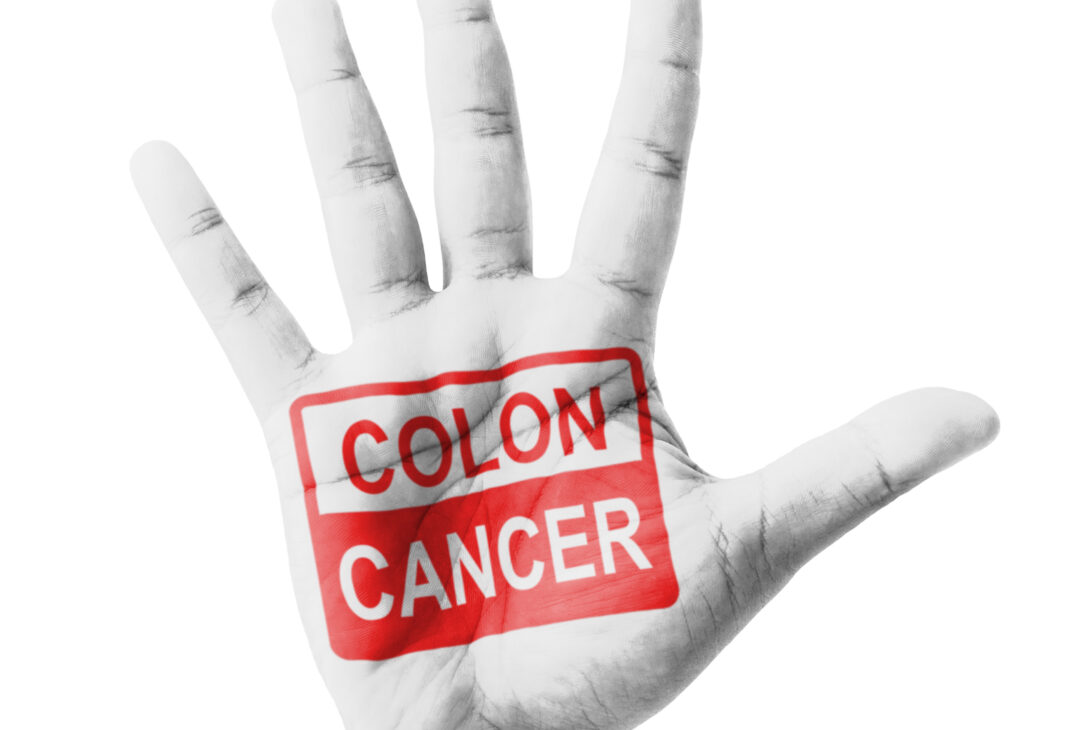While colorectal cancer continues to be one of the top 5 causes of cancer deaths for men and women, barriers preventing people from receiving early detection screenings and treatment continues to exist.
According to the National Institutes of Health’s National Cancer Institute as is reported by Becker’s Hospital Review, early detection through screenings like colonoscopies, and removal of precancerous polyps have contributed to 79% of averted deaths from colorectal cancer between 1975 and 2020. So, if colonoscopies are so effective, why are the death rates so high?
Is it because 69% of Americans would prefer to do their taxes then get a colonoscopy?
Becker’s asked four cancer specialists about the barriers preventing early detection and how their own organizations are combating these obstacles.
Andrea Dwyer, Program Directo of the Colorado Cancer Screening Program at the University of Colorado Cancer Center in Aurora Colorado, says her organization is focusing on the issues that most direct affect rural communities that are typically medically underserved. Through public awareness efforts and by partnering with local advocacy groups, Dwyer’s teams are implementing and expanding testing programs.
Stephanie Kennedy-Rea, EdD. Associate Center Director of the WVU Cancer Institute and Chair in the Department of Cancer Prevention and Control at the West Virginia University School of Medicine in Morgantown, WV believes that understanding the thinking of patients who refuse or don’t consider colon screening options is the key elevating the public’s participation. Kennedy-Rea’s organization is working to resolve the barriers that practically impact people like cost, access to transportation, anxiety, paid time off-work and others.
Christopher Lieu, MD> Associate Director of Clinical Research and Co-Director of Gastrointestinal Medical Oncology at the University of Colorado Cancer Center in Aurora, CO thinks that insurance and fear are the two major components preventing people from getting regular colonoscopies. He emphasizes the need for complete information provided to patients as the resolve, and that elevating the conversation in a public way can normalize the procedure best.
Lastly, Van Morris, MD. Section Chief of Colorectal Cancer at the University of Texas MD Anderson Cancer Center in Houston, TX highlights that colonoscopy procedures have become much more manageable in recent years and require less preparation and time spent in the hospital.
Source: Becker’s Hospital Review
Editor’s Note: Get Involved
Cancer doesn’t discriminate. WHATNEXT and its partners are interested in amplifying the voices of those from all identities and backgrounds. If you have a cancer journey to share, reach out here to learn more about how your voice can help spread awareness and inspire individuals from all walks of life.
colorectal cancer colorectal cancer prevention Early Detection
Last modified: March 31, 2025











